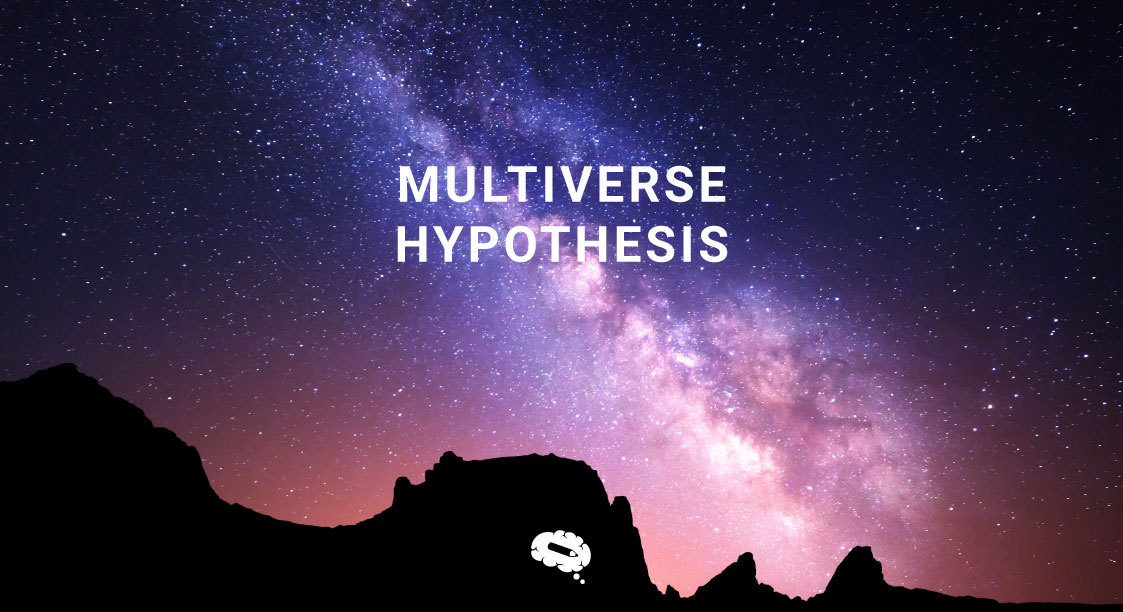
For many years, the concept that we could be residing within an extensive computer simulation has lingered at the intersection of philosophy and science fiction. Now, researchers from the University of British Columbia Okanagan assert they possess the mathematical proof to definitively debunk it.
In a paper released in the [Journal of Holography Applications in Physics: 10.1234/jhap.2025.0931](https://doi.org/10.1234/jhap.2025.0931), Dr. Mir Faizal and his team, including Drs. Lawrence M. Krauss, Arshid Shabir, and Francesco Marino, contend that the universe cannot be a computer-generated simulation. Their argument delves into the fundamental principles of physics.
“It has been proposed that the universe might be simulated,” Dr. Faizal stated. “If such a simulation were feasible, the simulated reality could potentially give rise to life, which might subsequently create its own simulation. Nonetheless, our latest findings indicate that this proposition can indeed be examined scientifically.”
## Beyond The Matrix
The team’s methodology commences where conventional physics concludes. Einstein’s relativity supplanted Newton’s mechanics, and subsequently, quantum mechanics emerged as the prevailing model for elucidating matter and energy. However, the next horizon, quantum gravity, suggests that even space and time may not be fundamental. Instead, they arise from something more profound: information itself.
Physicists assert that this information exists in a sort of Platonic realm, a mathematical basis from which space and time arise. If that sounds abstract, envision reality as a film projected from code inscribed in that concealed layer. The inquiry revolves around whether such a code could ever be executed on a computer.
The findings from the UBCO research indicate the answer is no. By employing Godel’s incompleteness theorem and additional results from mathematical logic, the researchers demonstrate that reality encompasses truths that can never be encapsulated by any algorithm. In simpler terms, computation encounters a barrier. There are truths about the universe that no machine could ever compute.
> “We have proven that it is impossible to articulate all elements of physical reality through a computational theory of quantum gravity,” Dr. Faizal elucidated. “Thus, no comprehensive and consistent theory of everything can be derived solely from computation.”
These constraints occur because any algorithm is required to adhere to explicit, sequential rules. However, certain truths, referred to as Godelian truths, are non-algorithmic. They can be recognized as true even though no succession of logical steps can validate them. This implies that the most essential layer of the universe operates through a mechanism richer than logic, which the researchers term non-algorithmic understanding.
## The End Of The Simulation Hypothesis
Co-author Dr. Lawrence M. Krauss perceives this as more than merely a mathematical curiosity. It redefines the quest for a “theory of everything.”
> “The fundamental laws of physics cannot be confined within space and time, as they produce them,” Dr. Krauss remarked. “Yet we have shown that an all-encompassing and consistent description of reality necessitates something deeper—a form of understanding referred to as non-algorithmic understanding.”
If reality itself is non-algorithmic, then any simulation, irrespective of its sophistication, would be a mere shadow constrained by the very logic that the universe transcends. The idea that we are programs operating within some cosmic mainframe crumbles under its own premises.
Dr. Faizal states it clearly: “Any simulation is intrinsically algorithmic; it must adhere to programmed directives. But since the foundational layer of reality is based on non-algorithmic understanding, the universe cannot be, and will never be, a simulation.”
For those who have ever gazed at a screen and contemplated whether their existence is composed of code, this conclusion is both grounding and oddly liberating. The mathematics, it appears, asserts that we are as real as it comes.
[Journal of Holography Applications in Physics: 10.1234/jhap.2025.0931](https://doi.org/10.1234/jhap.2025.0931)
**There’s no paywall here**
*If our reporting has informed or inspired you, please contemplate making a donation. Every contribution, regardless of size, enables us to continue providing accurate, engaging, and reliable science and medical news. Independent journalism demands time, effort, and resources—your support ensures we can keep revealing the stories that matter most to you.*
Join us in striving to make knowledge accessible and impactful. Thank you for supporting us!